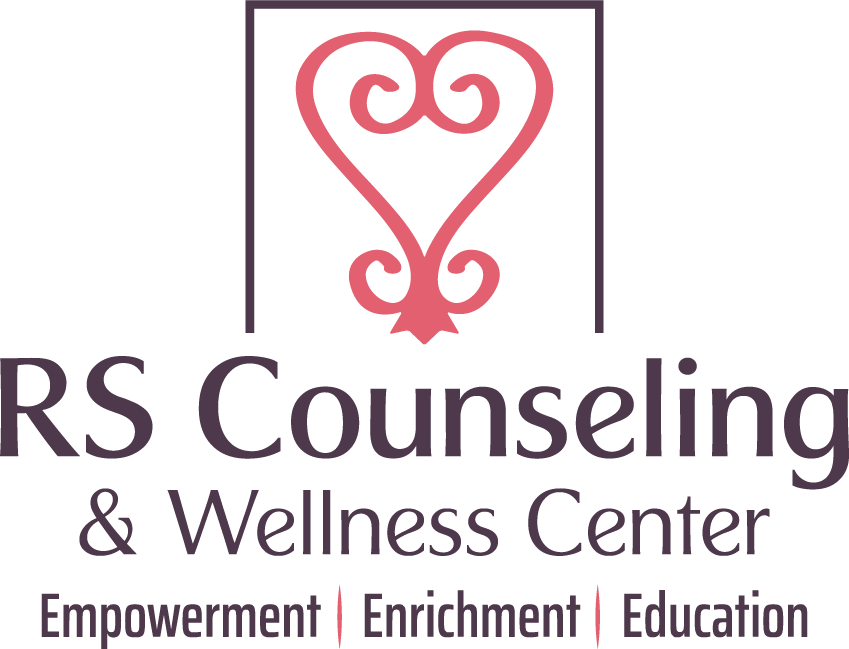Depression in the Black Community

By: Sharea Farmer, LCSW
Categories:
Depression in the Black Community
“You’re just a little sad.”
“Things will get better, don’t worry.”
“All you need to do is pray; God will work it out.”
“You come from a strong line of people, we’ve survived slavery, Jim Crow and years of racism; you can get through this problem.”
To someone suffering with depression, these statements can be hurtful, angering and very isolating. Depression is far from slavery, genocide, or the institution of racism, but to some it can be very frightening with very real pain.
Depression is a mood disorder that deals in the simplest terms with feelings of sadness, the blues and unhappiness. In reality, depression is much more than this simple definition. Depression is a disorder that affects ones moods and thoughts; as a result, a person dealing with depression has several major areas that are affected.
Some symptoms of Depression:
- Constant sadness, worry or emptiness
- Feelings of hopelessness
- Feelings of guilt, shame or helplessness
- Loss of interest or pleasure in those things once enjoyed
- Decreased energy or fatigue
- Loss of concentration
- Trouble sleeping
- Changes in appetite
- Thoughts of death or suicide, or actual attempts
- Irritability
The stigma surrounding depression in the Black community makes it very difficult for those suffering from depression to seek help. When I would facilitate the mental illness education series, the attendance would be around 60 people, on average three or four of them were Black. The individuals that came would disclose to the group that many did not let their families know they were seeking help. We must change this response of shame and embarrassment when seeking treatment. The best way to do this is to make it clear to those suffering from depression that they are not to blame and are not alone.
Overview/Facts:
- Every year more than 19 million Americans suffer from some type of depressive illness.
- Depression robs people of the enjoyment found in daily life and can even lead to suicide.
- A common myth about depression is that it is “normal” for certain people to feel depressed—older people, teenagers, new mothers, menopausal women, or those with a chronic illness. The truth is that depression is not a normal part of life for any African American, regardless of age or life situation. Unfortunately, depression has often been misdiagnosed in the African American community.
- Although black Americans are less likely than whites to have a major depressive disorder (MDD), when they do, it tends to be more chronic and severe.
- The National Survey of American Life also shows striking differences among blacks. Fewer than half of African Americans with MDD undergo treatment, but the rate drops to about one-quarter in Caribbean blacks who emigrated to the U.S. or were born there.
The above facts come from the NIMH(National Institute of Mental Health) and Psychology Today website.
